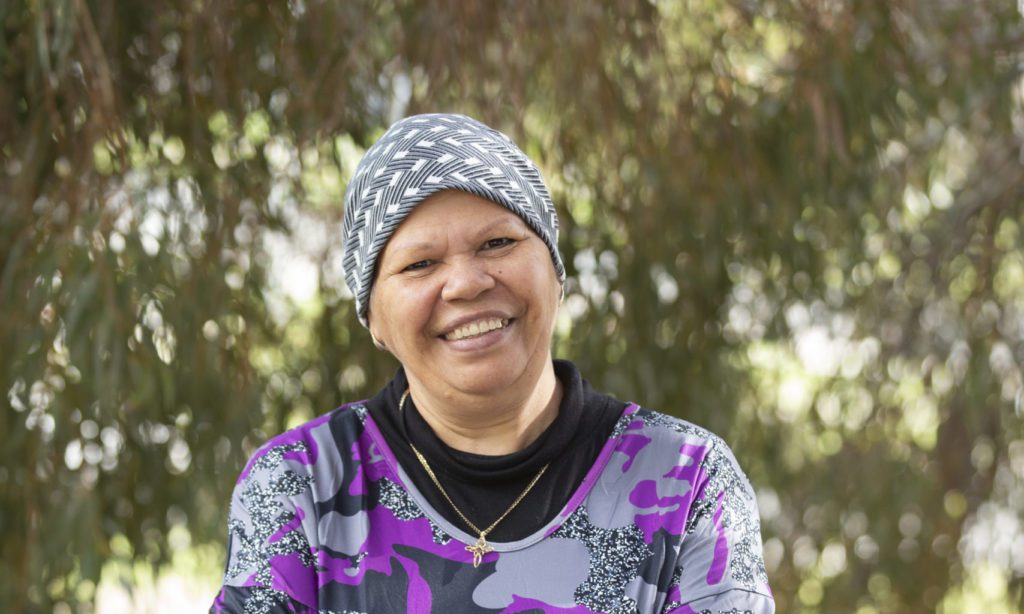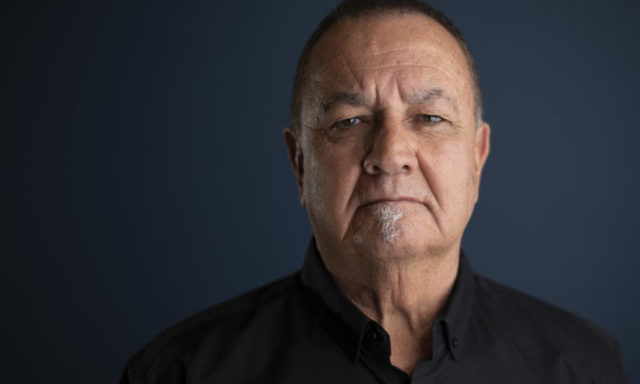The Leukaemia Foundation’s Reconciliation Action Plan
We envision a society that demonstrates deep respect, care, and value for First Nations peoples, their rich heritage, and continuing culture.
We also hope for First Nations peoples to experience equal health and wellbeing outcomes to the wider Australian community.
A commitment to make change
Our goal is to achieve zero lives lost to blood cancer by 2035. This is particularly important for First Nations peoples whose access to best practice blood cancer treatment and care can be compounded by many factors.
In the 2020 National Strategic Action Plan for Blood Cancer, the Blood Cancer Taskforce recommended specific actions to address these issues.
Through funding external research, and the introduction of a Reconciliation Action Plan, we can start to turn our goals into actions.
Download our Reconciliation Action Plan
Access your copy of the Plan here, and read our formal commitment to contributing to First Nations peoples’ healing and wellbeing.
We’re better together – join as we walk a path to reconciliation.
Sherma’s story

First Nations woman Sherma initially faced limited access to supportive care after she was diagnosed with an aggressive blood cancer.
“I saw a different doctor nearly every time I was there and wasn’t told much about anything,” Sherma remembers.
Garry’s story

Garry’s acute myeloid leukaemia diagnosis nearly 20 years ago acted as a catalyst for him to find a “new path” – one that includes delivering cultural training and sharing stories about his life as an Aboriginal and/or Torres Strait Islander man.
Garry is also one of our ambassadors for Blood Cancer Month, a yearly awareness campaign designed to highlight the importance of delivering life-saving services and support to all people with a blood cancer, regardless of their ethnicity, age, diagnosis, or location.
The original artwork seen on this page and within the Reconciliation Action Plan has been created by Navada Currie, Mununjali woman and Graphic Designer at the Leukaemia Foundation.
Last updated on May 24th, 2024
Developed by the Leukaemia Foundation in consultation with people living with a blood cancer, Leukaemia Foundation support staff, haematology nursing staff and/or Australian clinical haematologists. This content is provided for information purposes only and we urge you to always seek advice from a registered health care professional for diagnosis, treatment and answers to your medical questions, including the suitability of a particular therapy, service, product or treatment in your circumstances. The Leukaemia Foundation shall not bear any liability for any person relying on the materials contained on this website.